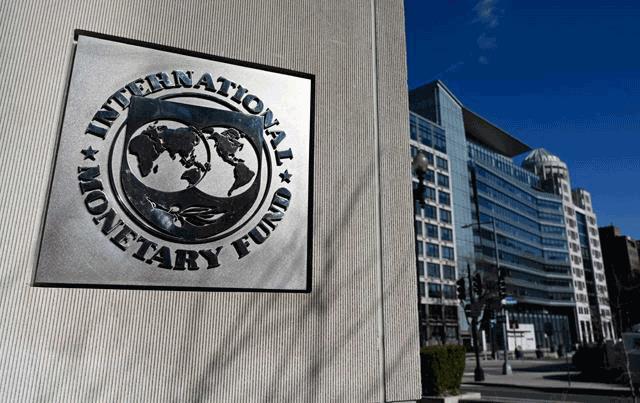(MENAFN- Jordan Times) TUNIS - Tunisian President Kais Saied on Thursday rejected "foreign diktats" from the International Monetary Fund (IMF), which is in stalled talks with the heavily indebted country over a bailout package."Regarding the IMF, foreign diktaks that will lead to more poverty are unacceptable," Saied told reporters in the coastal city of Monastir.
Saied's government reached an agreement in principle in mid-October for a nearly $2 billion package from the IMF, but the deal has not been approved by the lender's board, a key step to unlocking support from other international lenders.
The IMF has pushed Tunisia to remove state subsidies on basic goods, particularly fuel.
"It's true that some people who don't need subsidies are benefitting from them, but we can find other ways to make sure they get to those who deserve them," Saied said.
Tunisians have endured years of mounting economic pain, made worse by the coronavirus pandemic and the fallout from Russia's invasion of Ukraine.
The IMF was originally expected to approve a bailout deal on December 19, but that was delayed pending a Tunisian budget, which has since passed, and a law to stop banks charging excessive interest.
The IMF's sister lender, the World Bank, effectively suspended new lending to Tunisia last month after Saied sparked accusations of racism with incendiary comments against migrants from sub-Saharan Africa.
A World Bank official, said that meant the IMF talks, partly dependent on funding from the Bank, could now be pushed further down the line and that the IMF would face pressure not to approve a bailout.
Asked what the alternatives are to a deal, Saied said Tunisians should "work on our own".
"Social peace is not a game," he added.
Moves to cut subsidies on essential goods have proved disastrous in the past, leading for example to bread riots and deadly clashes in the 1980s.
Saied has seized far-reaching powers since sacking the government in July 2021, later dissolving parliament and pushing through a consitution replacing the one approved in 2014 following the country's Arab Spring revolution.
The IMF has also called for legislation to restructure more than 100 state-owned firms, which hold monopolies over many parts of the economy and in many cases are heavily indebted.




















Comments
No comment